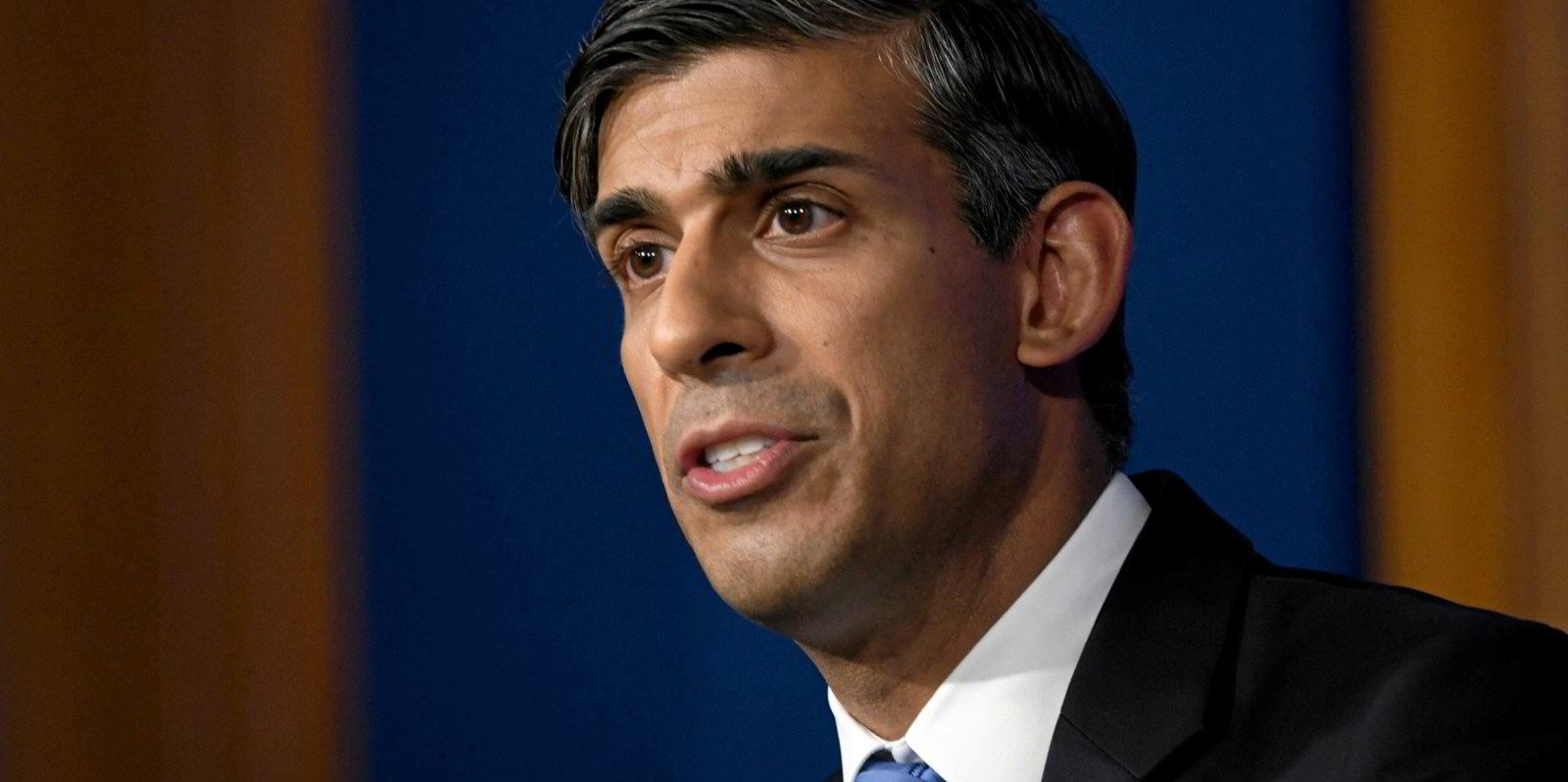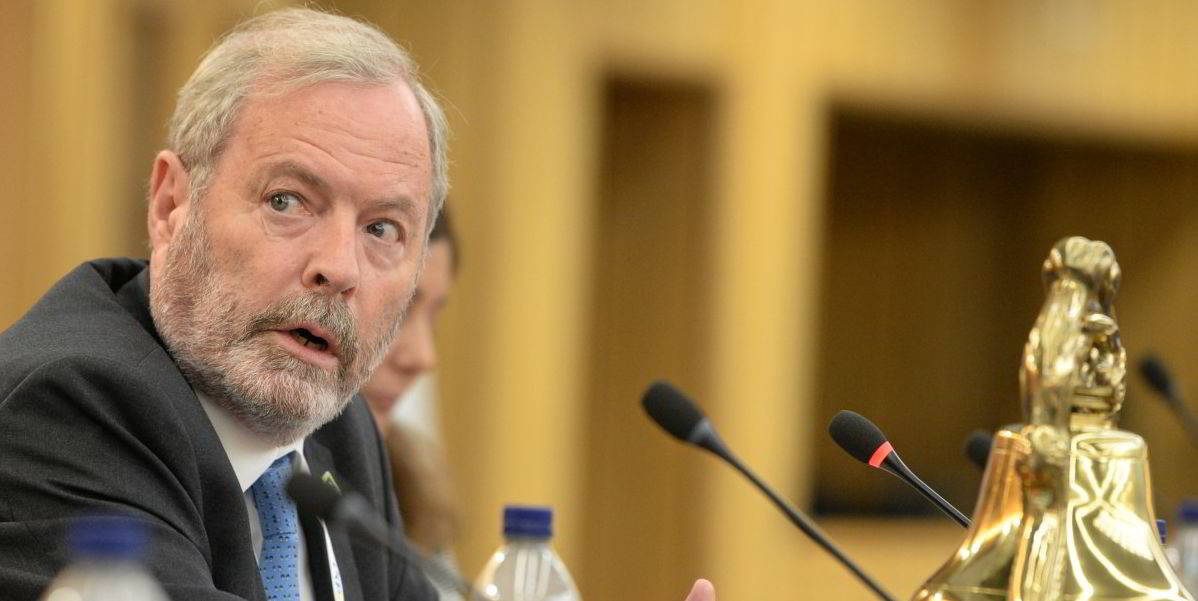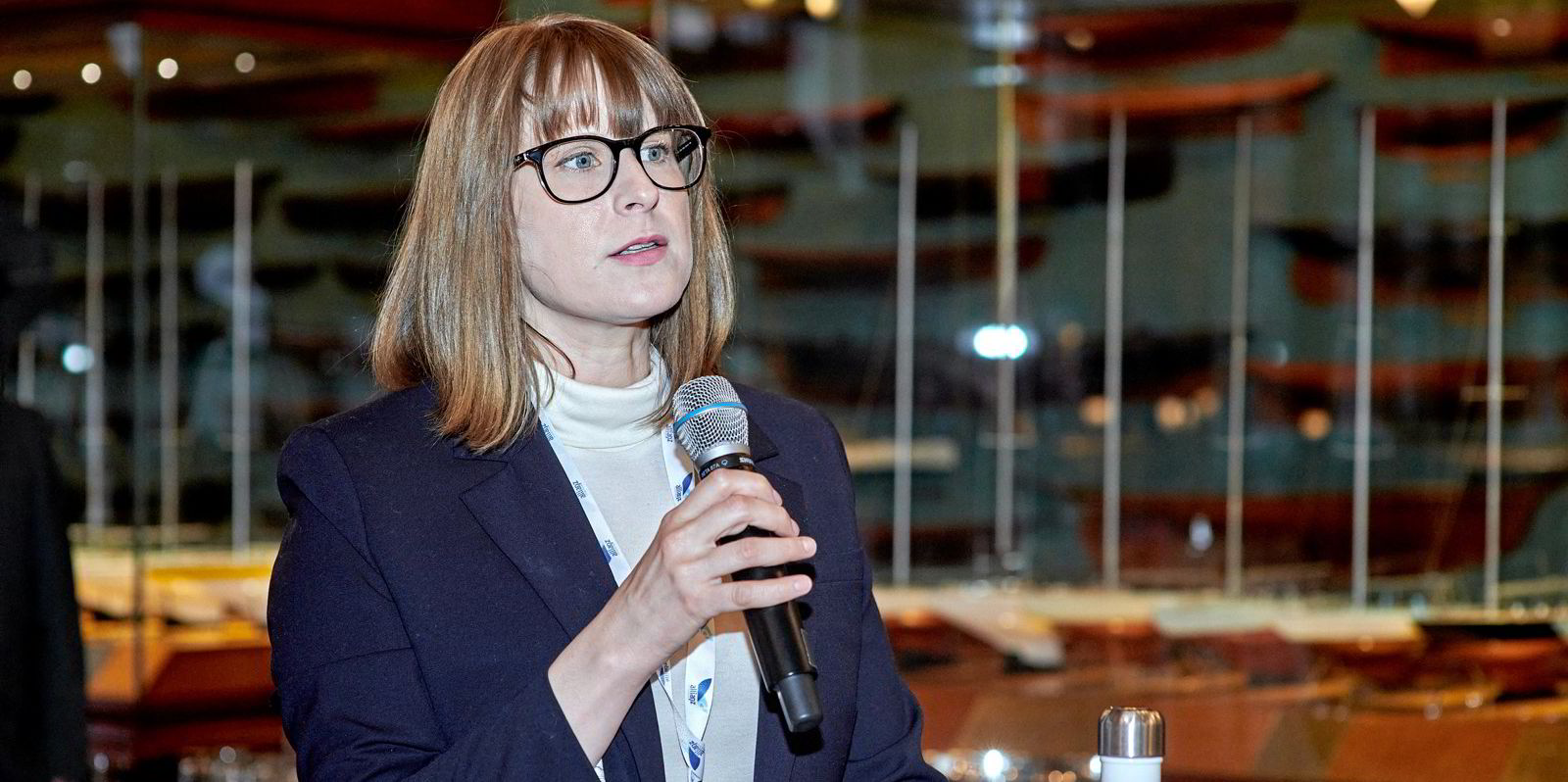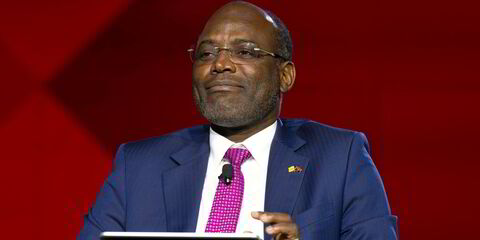Greta Thunberg and Michael Parker make an unlikely couple — one a 20-year-old iconoclastic Swedish environmentalist of world repute, the other a 67-year-old British banker only known inside the tiny confines of shipping.
But Parker is putting practical measures in place that would give a bit of solace to Thunberg on climate breakdown as he did this week by strengthening the Poseidon Principles on ship lending — more on that later.
Thunberg and Parker actually have things in common. Greta, the product of a private school in Stockholm (Franska Skolan) used by the Swedish royal family, is famously outspoken.
Parker, an alumnus of the super-posh Winchester College — motto: manners maketh man — is suave as hell but is also pretty blunt when he chooses to be.
Remember those comments at a London International Shipping Week in 2019 when the chair of Citigroup’s shipping and logistics arm said British banks were “no good at shipping”.
Ouch! He told a panel discussion that UK financiers “lost a lot of money and it wasn’t very important to them”, also going on to compare London’s cumbersome lending offers unfavourably with Oslo’s bond market.
Easier to say I guess if you have worked all your life for an American institution as Parker has, but said powerfully nonetheless — with all the class and confidence of a former Oxford University graduate.
It is not quite as hardline as Greta’s famous comment: “Our civilisation is being sacrificed for the opportunity of a very small number of people to continue making enormous amounts of money.”
But in the closed and sometimes claustrophobic corridors of shipping, you rely on Parker to break the status quo.
Now the Citi banker has stepped forward once again in recent days to tell some home truths with regards to shipping finance and the future of more environmentally sustainable cargo movements.
It won’t go down well in some quarters, where recent moves at the International Maritime Organization to speed up decarbonisation have ruffled plenty of shipowner feathers.
Along with the day job at Citi, Parker chairs the Poseidon Principles group of banks, which is committed to measuring and reporting the carbon intensity of its loan portfolios.
New targets
This week, he announced the group was tightening the loan rules to shipowners to ensure there would be net zero emission in their lending … by 2050.
“In 2019, when we launched the Poseidon Principles, we chose to be transparent in our portfolio alignment against the then-IMO ambition set in 2018 ... we are now raising our targets to align with the IMO’s new ambition announced ... in July.”
The new targets involve up to 30% CO2 emission reductions by 2030 and up to 80% by 2040 to meet the new zero figure by the middle of this century, and this is from an organisation that claims to represent 65% of global ship finance.

It’s a worthy ambition at a time when there is plenty of pushback against climate action on show in places such as Britain, where Prime Minister Rishi Sunak — ex-Winchester and Oxford — is ploughing ahead with new oilfields and delaying plans to phase out gas boilers.
But it is worth acknowledging there are still many question marks over the “net” part of the net zero target, given increasing unease about the credibility of many carbon offsets.
A recent analysis by my old newspaper, The Guardian, along with non-profit group Corporate Accountability estimated that 78% of offset projects reviewed were potentially worthless, failing to do what they claimed to do.
Then there is the jumble over alternative fuels. The nearer we have got to firming up alternatives to fossil fuels, the more debate there is over the efficacy of say “green” methanol over ammonia over hydrogen — never mind LNG itself. And that’s before concerns about supply capacity and potential shortages.
None of this was ever going to be easy and much of the problem stems from past delay and obfuscation: Margaret Thatcher told the United Nations back in 1989 that climate was the problem facing the planet.
Thunberg has said the same even more forcibly over recent years, and Parker is making clear the world of money now is trying to drive forward action on the ground.





